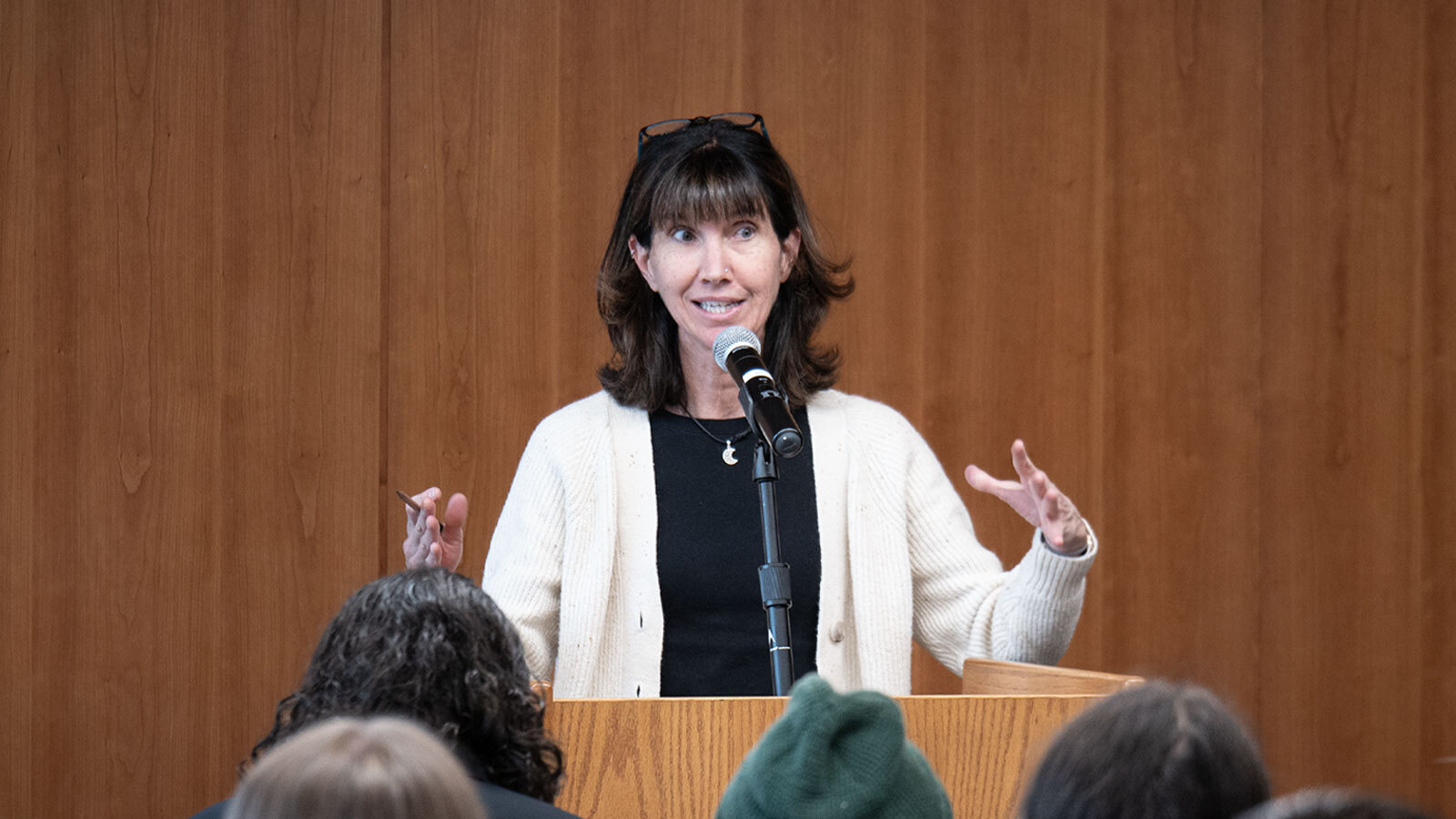Trans Healthcare During a Pandemic

Avery Edenfield, Ph.D., an assistant professor of English at Utah State University
By: Kennedy Parker, CHaSS Communications Journalist
Avery Edenfield, Ph.D., an assistant professor of English at Utah State University, has published an essay in the Journal of Business and Technical Communication. The essay, titled “Managing Gender Care in Precarity: Trans Communities Respond to COVID-19,” addresses the effects of the pandemic on health care precarity of trans people, especially those in gender transition. Edenfield has put extensive research, time and care into the experience of those of the trans community and their methods of receiving health care despite limited access to institutions because of travel, hostility and other factors.
Edenfield first became interested in this topic back in 2017 when he began research on the availability and access to resources for those in the trans community. “Managing Gender Care in Precarity: Trans Communities Respond to COVID-19” is an extension of that research. In 2019, Edenfield wrote another article focusing on online medical literacies of trans people. “During the first [COVID] shutdown I saw a huge increase in activity from people who were normally not having to do any DIY stuff, it was people who normally had access but suddenly came into a place where they did not have access anymore,” Edenfield said in a personal communication.
Even before the reaches of a global pandemic, people in the trans community had a disadvantage in terms of access to viable health care. Many have to travel out of state to receive hormone treatment and other services. The recent surge in activity such as online forums and chatrooms since March 2020 has inspired Edenfield to dive deeper into the research and give members of the LGBTQ+ community who are struggling with access to health care a voice.
The matter has become more precarious with the growing effects of COVID. Where trans people — particularly trans people of color — already have limited access to doctors, travel bans have made it more difficult for them to seek the medical care they need. In addition, the U.N. report “COVID-19 and the Human Rights of LGBTI People” has shown an increase in hostility due to people putting blame on members of the LGBTQ+ community for the pandemic. Because of these factors, Edenfield found that there was a shut down in access which led to an increase in online activity and DIY means of hormone therapy.
For current College of Humanities and Social Sciences students, alumni, and others in the community who want to be an ally and offer their support, Edenfield suggests that they be aware of their own livelihoods and normalize different or new identities of sexuality. Announce your pronouns and advocate for greater access to health care in any way that you can. While many of us come from a place of privilege in terms of health care, it is easy to feel sad or disheartened for those of the LGBTQ+ community who have had to rely on acts of self-care. Instead we need to acknowledge their agency and recognize that it is something to be proud of. In an interview, Edenfield says he plans to continue his research further, he has formed several new research partnerships who are eager to add to their knowledge surrounding the issue and continue to provide an outpouring of information and a voice for those who need to be heard.




